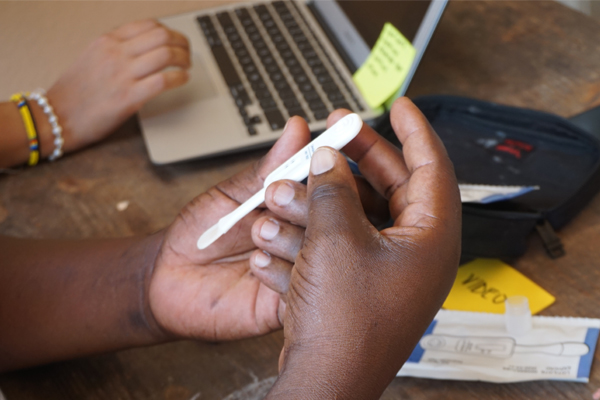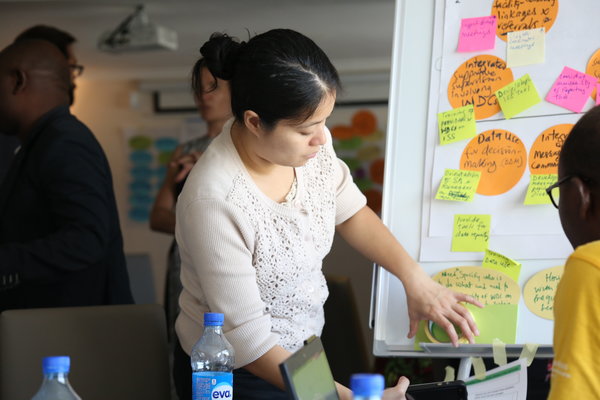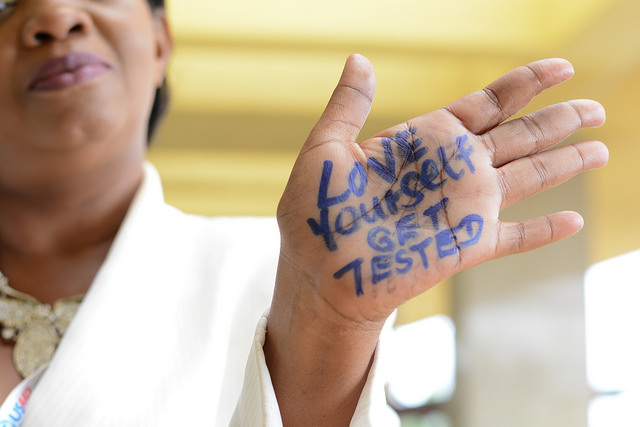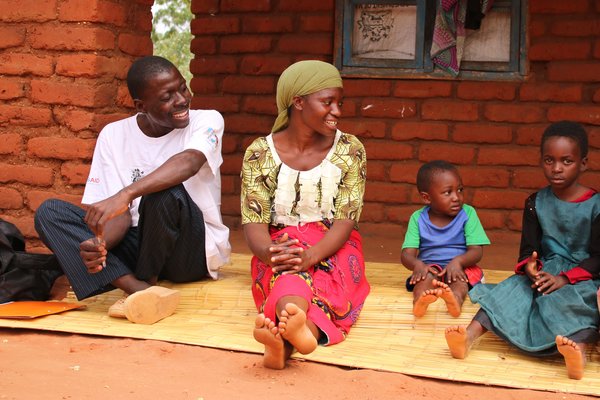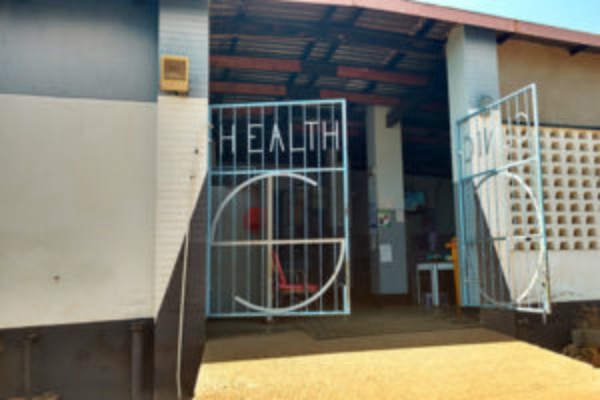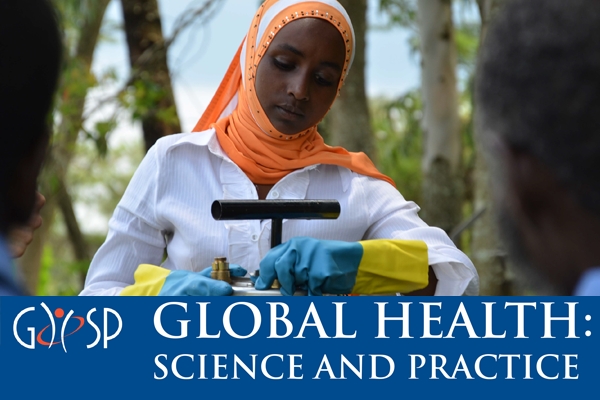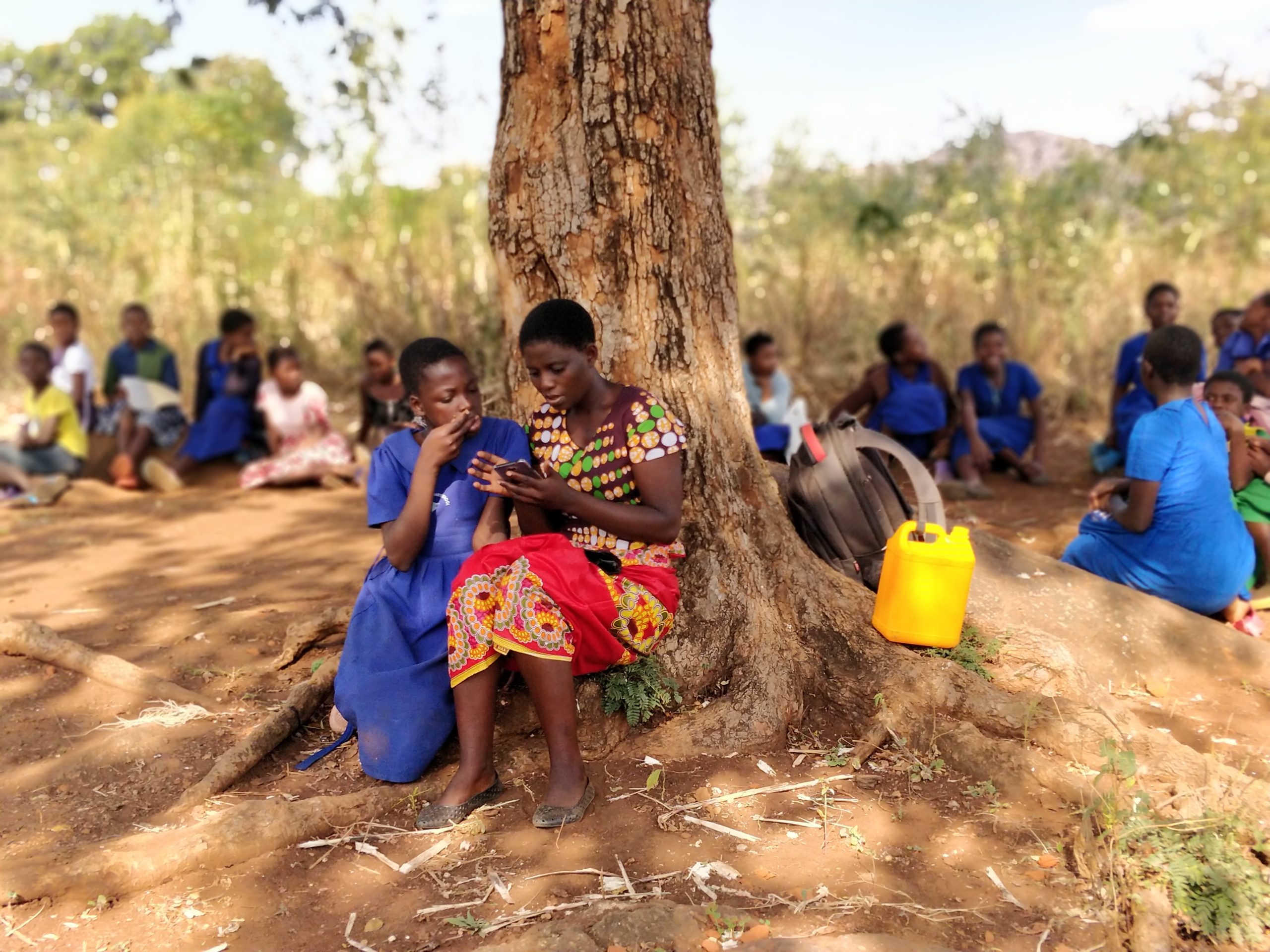
Using Real-Time Results to Get the Right People Tested for HIV
“It’s quick and it’s easy. It reduces work for health workers and improves the client’s experience at the same time,” says CCP’s Thomas Ofem. “It’s making decisions in real time and getting results.”

